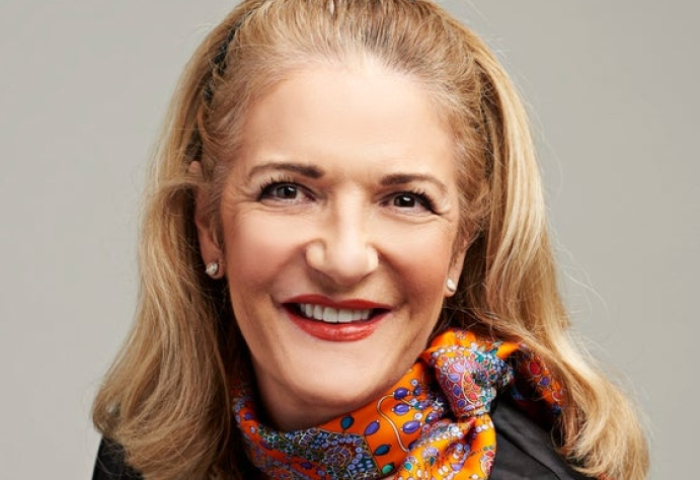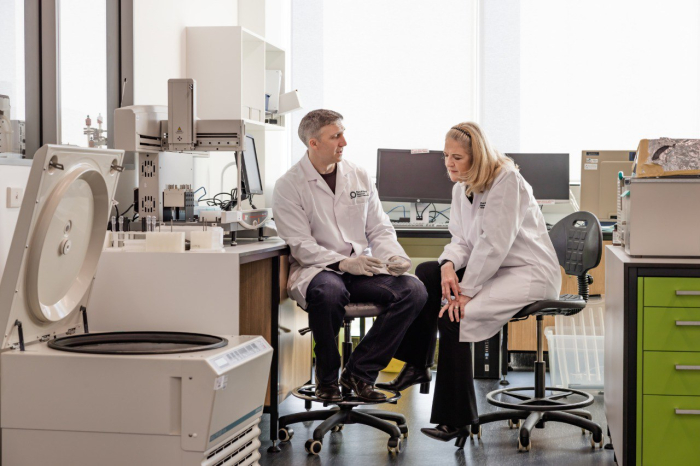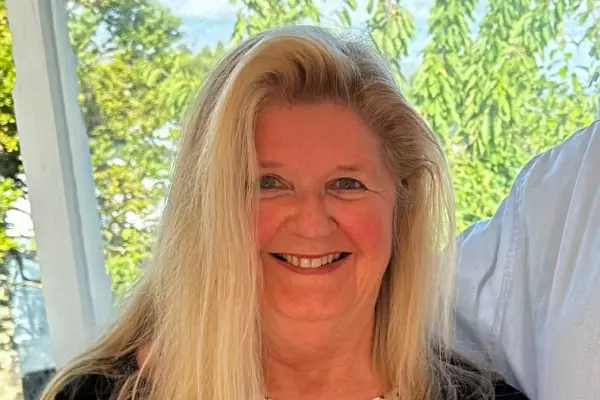The woman behind New Zealand’s newest appetite-suppressant supplement, in a projected US$240 billion (NZ$387b) dollar market, says the product has changed her relationship with food after a lifetime of yo-yo dieting.
Sarah Kennedy, the powerhouse chief executive and founder that built Calocurb from an extract to a sell-out product on Amazon, said she’s always had a love-hate relationship with food.
With just three ingredients, the hop-derived supplement “absolutely, categorically and honestly” changed the way she engages with food.
“I struggled my whole life. I’ve had a dysfunctional and unhealthy relationship with food since I was 10 years old.
“I feel very comfortable with food now,” she said. "I still want to eat, I just don’t want to eat as much."
Kennedy said she loved that she had a renewed positive relationship with food as “it’s such an enjoyable, social time in our lives”.
She’s passionate about what this can do for others because of the stigma associated with being overweight and not feeling good enough.
She said a third of New Zealanders are obese and according to WHO obesity has been defined as a chronic disease for nearly a decade. As such, it is referred to as the 21st-century pandemic due to an abundance of food, she said.
“It’s not our fault.”
Society has evolved, yet the primal brain “tells us to find food and to eat it because we were developed for famine”.
Kennedy said that the body is “always trying to defend its weight”.
“The thought that people lack willpower and can’t do it when it’s actually part of evolution."
 Sarah Kennedy believes in the benefits of the NZ-grown hop extract. (Image: Supplied)
Sarah Kennedy believes in the benefits of the NZ-grown hop extract. (Image: Supplied)
The Calocurb founder has an extensive background in nutrition and R&D – she was the CEO of Healtheries prior to the merger with Nutra-Life.
Often regarded as the largest health supplement supplier in NZ, she led the company – now called Vitaco as CEO for 11 years, growing it "from a small company to a very large one”.
Having completed a fellowship at the Massachusetts Institute of Technology, she joined Fonterra as the managing director of Fonterra Nutrition. She was responsible for leading R&D and a number of business units while there.
Kennedy said her veterinarian studies supported her understanding of the pharmacological and natural health markets.
'Rollercoaster'
However, the Calocurb CEO said this is the first time she’s the founder of a business.
“I’ve had experience in growing a company, and being part of a large company but this is the first time that I’ve founded a company.”
She formed the team, wrote the business plan, and raised the money to build Calocurb.
Kennedy said the experience of founding the business has been like “an amazing rollercoaster”.
“I look back and I think it gives you humility.
“You have to build it from the start and often when you have a big brand you have a big engine and momentum but when you’re developing something from the start, it’s up and down.
“But I would say it’s been an extraordinary experience that I will never regret.”
'Eureka!'
She said six years ago she was approached by Plant & Food Research, the largest crown research institute in NZ, after a team of “remarkable” NZ scientists led by Dr Edward Walker discovered a bitter extract in hop flowers.
 The scientist who discovered the extract, Dr Edward Walker with Sarah Kennedy in the lab. (Image: Supplied)
The scientist who discovered the extract, Dr Edward Walker with Sarah Kennedy in the lab. (Image: Supplied)The extract, called Amarasate is from NZ-grown hops and is clinically proven to curb hunger.
Thirteen years ago, the research institute wanted to find a plant extract that could control hunger based on the fact that historically, people in Scotland would chew very bitter berries to suppress appetite in times of famine, Kennedy said.
Twenty million dollars and thousands of plant extracts later, the scientists found Amarasate, which “was the eureka”.
Kennedy said the extract stimulates the release of a natural gastric hormone that tells the brain that you’re full.
“They’re part of a natural feedback rhythm in your body – if we didn’t have them, we would pop.”
The recent results from the first human clinical trials showed people will eat 20% fewer calories by using the extract, she said.
“I had never seen something with that amount of scientific evidence, that we had grown and developed in NZ, where we actually owned the extract right through to the finished product.”
International hunger for Calocurb
She said they have been granted a patent in the US as they look further afield toward global expansion.
Obesity drugs, such as Ozempic, are popular at the moment and Kennedy said it was great as they’re educating the market about new resources that can aid with weight loss.
She believes Calocurb is better in that it's natural, cheaper and produced in NZ.
“The anti-obesity drugs in America cost US$1,400 a month and you are injecting them in and our product is $60 a month.
“We’re doing it naturally at a hundredth of the cost,” she said.
She referenced an article published recently in the Daily Mail that resulted in the product selling out in three minutes. She confirmed it was 25,000 units on Amazon while a further 300,000 were sold out on their website that day.
“It was extraordinary and shows the size of the market.
“It’s such a big market – one prediction was that it’d be a US$240 billion market by 2040.”
She said NZ scientists needed to be celebrated as they were helping bring money back to NZ's economy through every homegrown product sold abroad.
Future plans
Having just closed the second capital funding round, the plan is to use the money to fund another human clinical trial that will strengthen their development in the US as well as launch into Australia and China.
Looking ahead, Kennedy said she's looking forward to attending the Obesity Medicine Association with a team – including Dr Walker – in the US at end of April. It's regarded as America’s largest obesity association and she hopes to share NZ’s ingenuity with the world.















